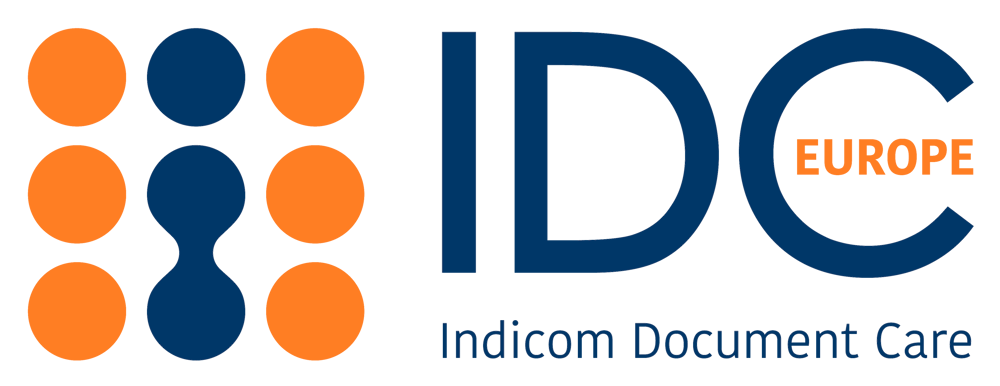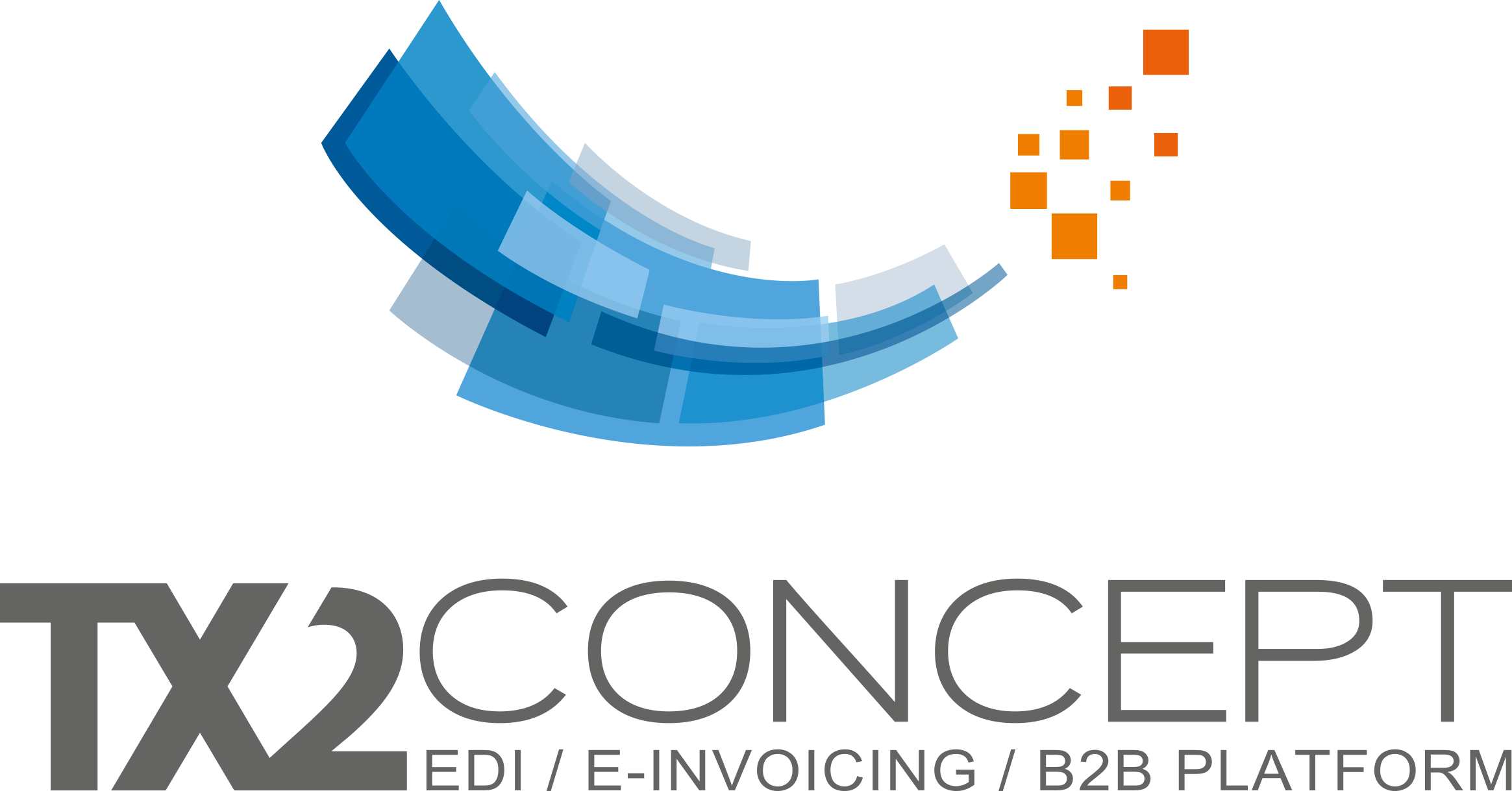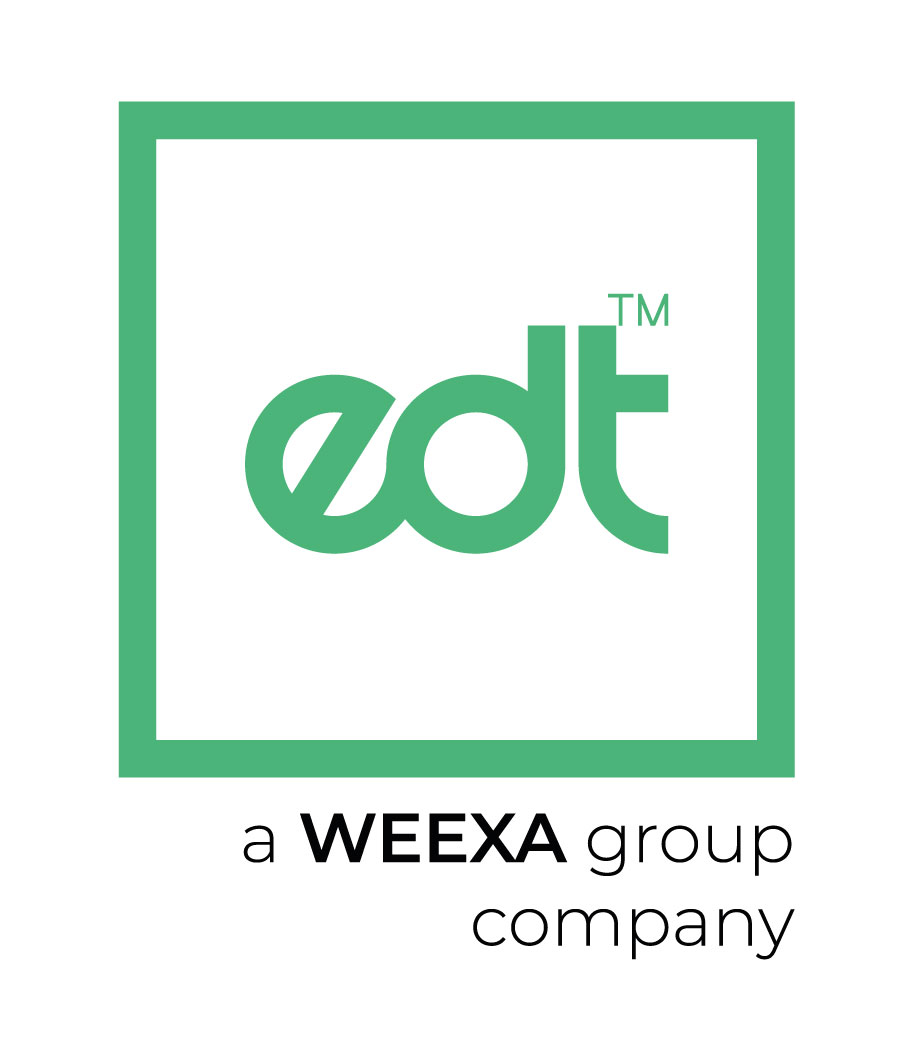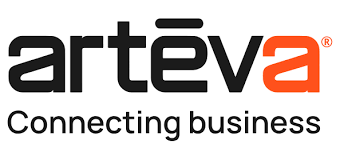In the past quarter, the DGFiP (French tax authority) has made several key announcements in France, introducing substantial changes to the upcoming e-invoicing and e-reporting mandates. These updates add further complexity to an already intricate framework, which involves multiple components and stakeholders, including the PPF, PDPs, e-invoicing, e-reporting, the invoice lifecycle, and the Annuaire.
Recent DGFiP Announcements
The most impactful announcement came in October 2024, when the DGFiP announced a reduction in the scope of the central platform, the PPF (Portail Public de Facturation).
Initially intended to handle invoice processing and delivery, this functionality has been removed. As a result, businesses in France will now be required to exclusively use private certified providers, known as PDPs (Partner Dematerialization Platforms), to exchange invoices and submit tax data to the DGFiP.
Then, in December 2024, the DGFiP released version 3.0 of the official specifications, which outlines interactions with the PPF. Notably, version 3.0 is significantly shorter than the previous version (2.4), as it no longer includes PDP requirements and interactions.
To address this gap, the DGFiP has tasked an AFNOR (French standardization body) commission to draft the final PDP specifications. Furthermore, efforts are underway to establish a Peppol authority to define PDP interactions and oversee the orchestration of the invoice lifecycle within the Peppol network.
Your Complete Guide to E-Invoicing & E-Reporting in France
The implementation e-invoicing and e-reporting mandates will be phased, with partial enforcement by the end of 2026, and full enforcement a year later, at the end of 2027. Given the tight timeline, companies will have to rely on PDPs—who themselves face evolving and incomplete specifications. The next 18 months are expected to be action-packed as businesses navigate these changes.
>>> Explore our comprehensive guide on e-invoicing and e-reporting in France <<<
And visit all our other country profiles to know more about e-invoicing requirements all over the world.

















